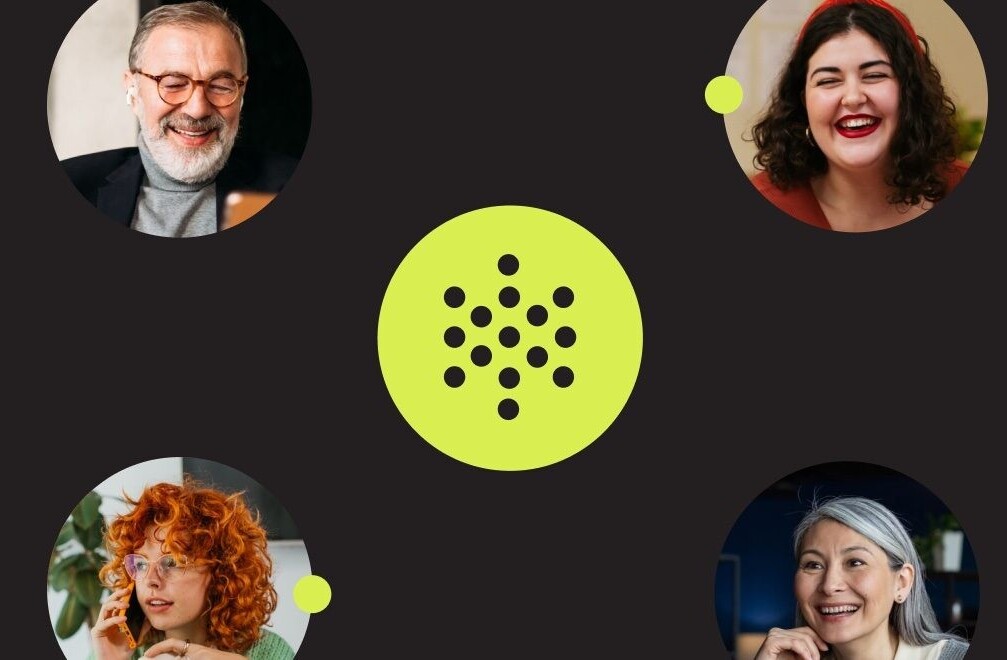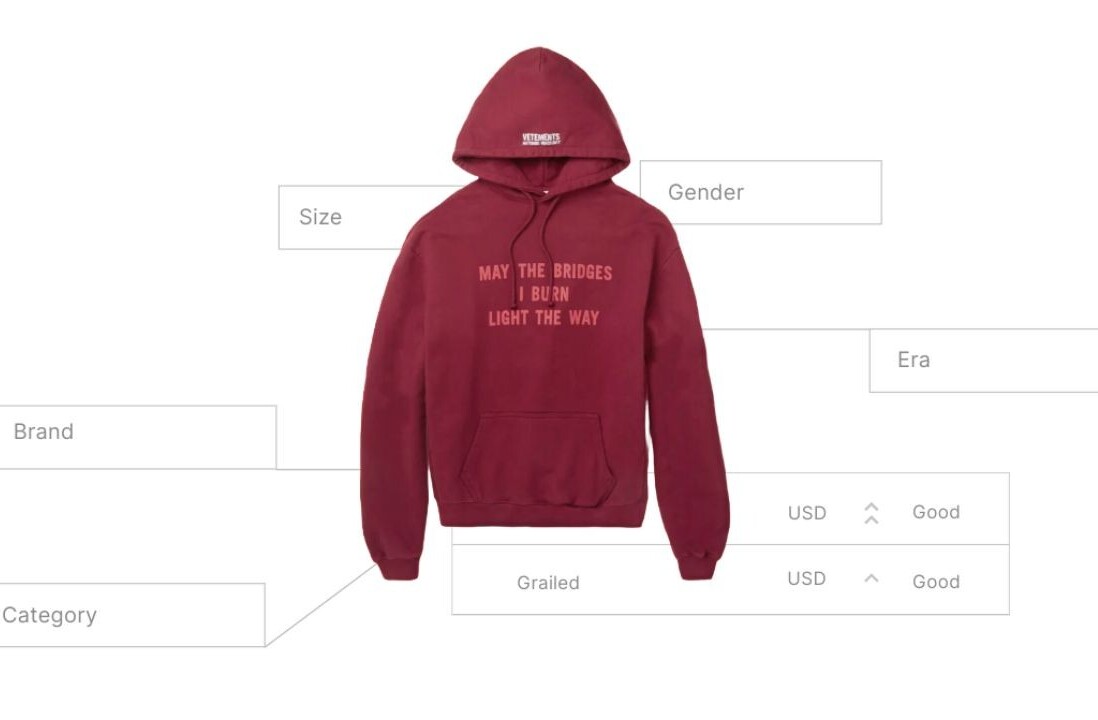
Back in June, we ran a feature called Silicon Roundabout from a New York State of Mind, part of which constituted an interview with Rich Martell, the founder of Floxx Media Group, a company specializing in location-based social networking tools.
Martell was the guy behind FitFinder, a social networking website that was launched last year, causing a fair bit of controversy in the process. The site was ultimately forced offline by University College London (UCL), where he was a student at the time. In a nutshell, FitFinder gave students a platform to publicly (and anonymously) post messages about people they thought were ‘hot’ in specific locations, such as in the UCL library.
Floxx Media Group is a spin-off of that endeavor, and it has secured investment from Doug Richard (formerly of Dragons’ Den) and Silicon Valley money man Kevin Wall. Now, there’s a series of apps on the way, and the first of these is out now.
MapChat is what the company calls “the first location based instant messaging client”. That isn’t strictly true, but as we’ll see it does look like a pretty interesting concept.
Available on iOS – with an Android version to follow – the app seeks to differentiate itself from other mobile instant messaging apps such as WhatsApp, with the emphasis placed very much on chatting with people you don’t know in your area. There’s also other location-based apps such as Foursquare and Gowalla, which are built around check-ins. MapChat focuses on real-time interaction with people who don’t know each other, situated in the same vicinity.
A typical use case of the app could be if you want to make new friends in your immediate area, or get chatting to someone at the same event as you. Or, you can tap into the local knowledge of someone somewhere else, maybe before you arrive on holiday in a foreign country.
It’s not just for strangers though, as you can share your username and connect with friends too. 
As with the likes of BlackBerry Messenger (BBM), MapChat is free to use and it has no limits in place in terms of how often it can be used. You can block individual users too:

There is also a setting for users to control whether they can be ‘discovered’ or not.
The app is free to download now from the UK and US App Store, and I’m told that within hours of its release yesterday, it had received “posts from over thirty countries, with thousands of messages sent”.
Floxx is part of a collection of local social networking companies in London, which include the likes of Badoo, Skout and Grindr. We reported on the progress of Badoo last month, and it has a very similar mobile app for both Android and iOS. It too uses GPS functionality to help users automatically identify other people in the area.
Stu Bradley, Marketing and Social Media Director at Floxx, says that a key differentiator is that Badoo focuses a lot on appearance, which MapChat avoids by using avatars instead. This perhaps takes the ‘dating’ aspect out of the equation, an element that Badoo is attempting to distance itself from. “Ours is free, and more…egalitarian, I suppose”, says Bradley. “Everyone is just a pin on the map, whether they’re a student or a superstar.”
Whilst there is a lot to be said for seeing a human face, even if you’re not looking for romance, if MapChat is literally just about chatting with people in the area and NOT hooking up then it could be a very good alternative to Badoo. “MapChat is more about sharing ‘small talk’, which was actually a working title for the app”, says Bradley. “It helps users get a ‘person’s eye view’ of what’s happening in a specific location. It might have been useful in the London riots, as you can see exactly where people are when you interact with them.”
So how exactly do the people at MapChat expect people to use it? “We’re not exactly sure yet”, says Bradley. “Flirting, small talk, making new friends…there’s an element of excitement to that!”
In its most simplest form, the app lets users spark off a conversation with people simply because their pins are next to yours on a map. It will be interesting to see if MapChat really takes off and becomes the next must-have app for mobile users.
Get the TNW newsletter
Get the most important tech news in your inbox each week.






